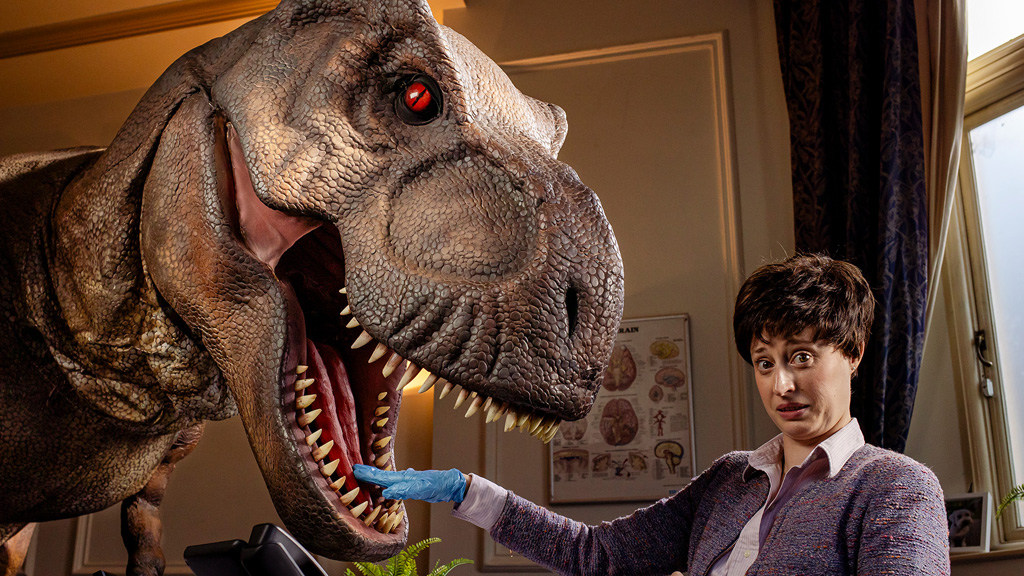Quick Summary
Fartenheimer, the Water Cycle and 206 Bones is a quirky British TV episode of a series that pushes science to absurd limits in Fartenheimer, cranks up the music in Heads, Shoulders, Knees, Toes and All the other Bones in the Body, and delivers a Swiftian spin on the water cycle. This fast‑moving drama‑documentary hybrid is a fresh dose of entertainment for UK viewers on UK television, listed in the television guide as a quick overview at a glance of programme highlights for this episode within the CBBC programming strand.
About This Program
Programme overview Fartenheimer, the Water Cycle and 206 Bones is a bold new series that blends science, music and literary satire into a single, high‑octane adventure. The first episode opens with the eccentric inventor Fartenheimer, whose experiments push the limits of chemistry and physics, before the narrative sweeps into a Swiftian retelling of the water cycle, complete with lyrical interludes that echo the classic “Heads, Shoulders, Knees, Toes” song. The series is billed as both drama and documentary, offering UK television audiences a fresh take on educational entertainment while retaining the whimsical tone that has become a hallmark of British TV for younger viewers. What to expect from the content Each episode delivers a tightly scripted mix of laboratory antics, animated sequences and original musical numbers that explore every stage of the water cycle – from evaporation to precipitation – through the eyes of a mischievous protagonist. The music segments are deliberately over‑the‑top, turning a simple educational chant into a full‑blown pop‑opera that teaches anatomy by naming all 206 bones in the body. The writing leans on Jonathan Swift’s satirical style, presenting scientific concepts with a dry wit that will resonate with both children and adults. Viewers can also anticipate cameo appearances by real‑world scientists, adding documentary credibility to the otherwise fantastical plot. Key features and highlights The series stands out for its interdisciplinary approach: a science‑driven drama that never shies away from comedy, a documentary‑style explanation of the water cycle that feels like a theatrical performance, and an educational soundtrack that could easily become a chart‑topping hit on streaming platforms. Visual effects are crafted to appeal to the UK audience, with nods to classic British cartoons and subtle references to landmarks such as the River Thames and the London Underground. Each episode is structured to provide full details on the scientific principle being explored, followed by a musical recap that reinforces learning in an entertaining format. Why this programme appeals to UK audiences British viewers have a long‑standing appetite for programmes that combine learning with laughter, from “Horrible Histories” to “The Magic School Bus”. Fartenheimer, the Water Cycle and 206 Bones taps into that tradition, delivering an in‑depth review of complex topics in a way that feels accessible and fun. The inclusion of a Swiftian narrative voice adds a layer of literary sophistication that will attract parents and teachers, while the catchy songs ensure the series remains a staple of after‑school entertainment. Its blend of drama, documentary and pure entertainment makes it a perfect fit for families seeking quality content on UK television. Context within CBBC programming Within the CBBC schedule, this programme occupies a unique niche, bridging the gap between pure educational documentaries and the network’s more whimsical series. It aligns with the channel’s commitment to inspire curiosity and creativity, offering a comprehensive guide to scientific concepts without compromising on fun. As part of the broader CBBC programming strategy, the series complements other flagship shows by providing an episode‑by‑episode deep dive into subjects that are often overlooked in mainstream British TV, reinforcing the channel’s reputation as a leader in innovative, child‑focused entertainment.
Horrible Science broadcasts on CBBC at 0:15pm, Sunday, 21 September 2025. (Subtitles, repeat)

